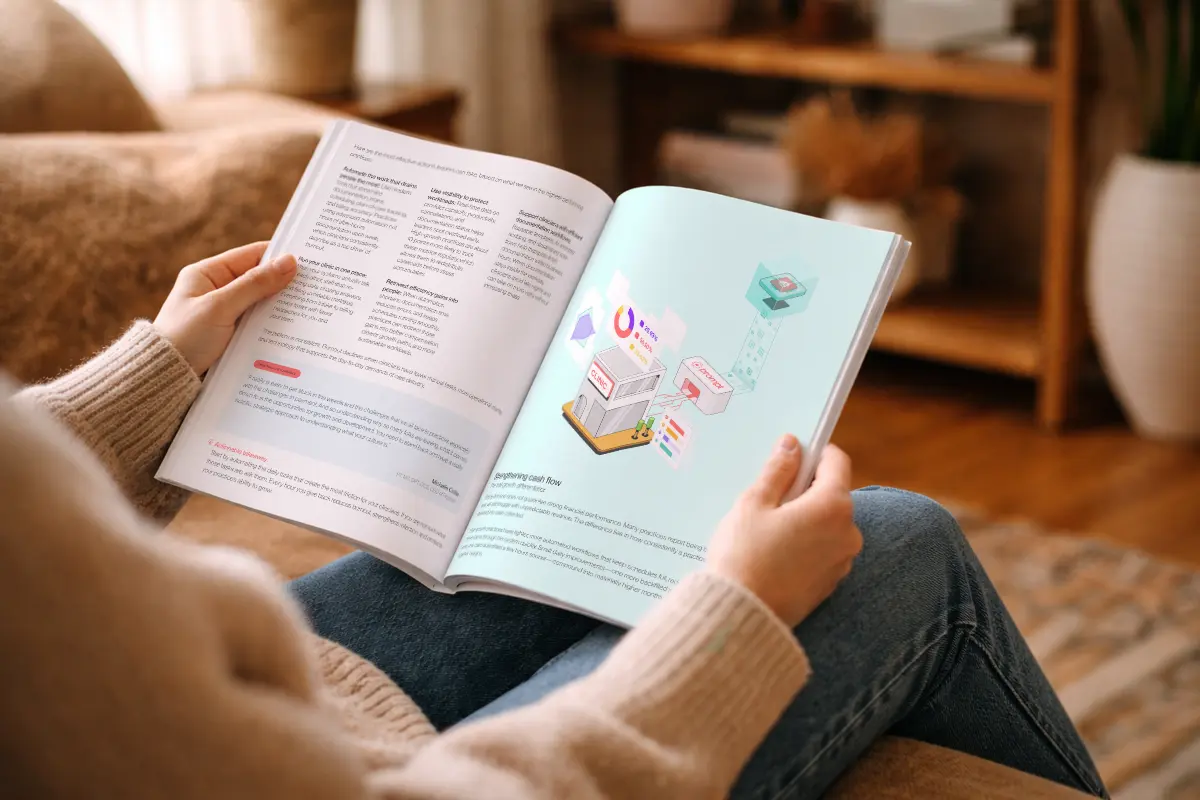
The PT Owner’s Guide to CRM: What It Is and Why It Matters
Running a physical therapy practice means managing a lot more than patient care. Between referral sources, community partners, and local employers, your business depends on relationships. But without a clear way to manage those connections, it’s easy to lose track of who you’ve talked to—and what needs to happen next.
That’s where a CRM comes in.
It’s not just for tech companies or big hospital systems. When it’s built right, a CRM can help PT practices strengthen partnerships, organize outreach, and follow through more consistently—without adding complexity or overhead.
What’s a CRM, Exactly?
CRM stands for Customer Relationship Management. At its core, a CRM is a platform for storing contact details, logging conversations, and sending reminders to follow up. Some of them take it a step further and help you find prospective customers to reach out to.
Think of it as a smarter address book that helps you stay on top of the people driving your business forward. That might be a local physician, an HR manager at a self-funded employer, or even a patient who’s asked about your wellness services.
A CRM gives you a simple system to track and manage those relationships—so nothing slips through the cracks.
Why It Matters for Physical Therapy Clinics
Most PTs didn’t go to school to learn sales, and they don’t have extra time for manual outreach. But referrals and employer relationships are essential to long-term growth—and without a system, those opportunities are easy to miss.
A CRM makes your outreach feel less like guesswork. It helps your team stay organized, share context, and follow up on time. You’ll know who’s been contacted, what was discussed, and when it makes sense to reach out again.
Over time, that consistency adds up. Referring providers feel supported. Employer leads stay warm. And your clinic builds a reputation for being engaged, responsive, and easy to work with.
Manage Referrals Without Letting Them Go Cold
Referrals are still the backbone of many PT clinics—but many practices don’t have a great system for managing them. It’s easy to forget to send a thank-you or to lose track of who referred a patient last quarter.
With a CRM, you can:
- Log and track volume by provider
- See when it’s time to check in or share outcomes
- Automate simple follow-ups that keep relationships warm
It’s not about doing more. It’s about doing the little things that matter—regularly.
Simplify Direct-to-Employer Outreach
Contracting directly with employers is one of the best ways to create consistent, higher-value revenue. But for most practices, the process feels out of reach—especially when you’re juggling admin, patient care, and everything else.
A CRM helps you keep track of:
- Who you’ve talked to
- Where the conversation left off
- What to follow up with (and when)
Instead of starting from scratch each time, you can build momentum with every conversation. And as your network grows (whether that’s organically or because you’re actively prospecting new employers), your outreach gets more efficient—not more chaotic.
You Don’t Need a Complicated System
Most CRMs are built for enterprise sales teams with dozens of reps and endless data fields—think Salesforce, Hubspot, Zoho, or Keap. That’s not what you need.
What you need is something lightweight, intuitive, and tailored to the realities of running a rehab practice. Second Door's CRM was designed specifically for physical therapy businesses—with built-in workflows for referral tracking and employer outreach. Second Door also integrates with your EMR, giving you end-to-end visibility and reporting on your referral and employer relationships.
It gives you structure without slowing you down—and it’s simple enough that your whole team can use it without extensive training (or hiring an admin or agency to build and run it). It's a CRM for physical therapy, built by physical therapists.
The Bottom Line
You don’t need a new strategy—you just need a better system.
Whether you’re following up with a provider, building new employer relationships, or just trying to stay on top of your community contacts, a CRM helps you act with intention instead of relying on memory, spreadsheets, or sticky notes.
Over time, that kind of consistency builds trust—and that trust builds your business. Schedule a time to talk with Second Door to see what this looks like for your practice.






